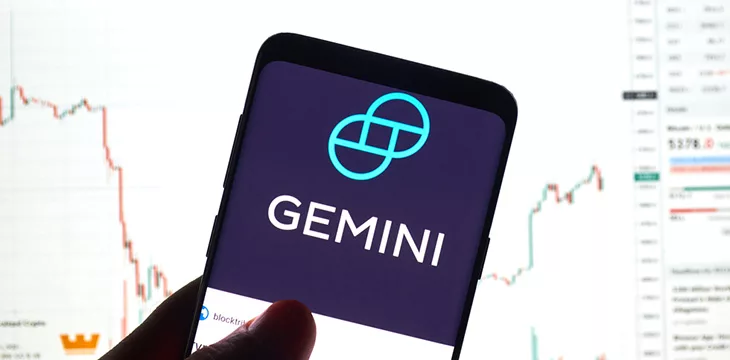|
Getting your Trinity Audio player ready...
|
One of the top financial regulators in the Philippines has issued a warning over ‘Gemini Derivatives,’ a product available on Gemini’s new Foundation platform, which the regulator alleges is violating Filipino securities law.
On May 18, the Philippines Securities and Exchange Commission (PSEC) issued an advisory notice to Gemini and its customers, warning that the derivatives exchange launched by the digital asset trading platform last month has been operating without a license and in violation of Filipino securities regulation.
Gemini Foundation was announced as a non-U.S. derivatives trading venue in late April and launched May 1 in 29 countries, including the Philippines. However, in the Philippines the sale or offer of securities without registration and a license from the PSEC is prohibited, and “Securities,” as defined under Section 3 of the Philippines’ Securities Regulation Code (SRC), are shares, participation or interests in a corporation, enterprise or venture, which includes “derivatives like options and warrants.”
Therefore, according the PSEC, Gemini must register with the Commission, which it has yet to do, and is currently operating “without the necessary license and/or authority” making their offering of derivatives “illegal in violation of the provisions of the SRC.”
The PSEC ‘advisory’ issues a warning to Gemini that if it continues to offer derivative products in the country without obtaining a license it will be liable for criminal prosecution, leading to a potential maximum fine of PHP 5 million (USD$89,669) and up to 21 years in prison for individuals involved.
The Philippines regulator also advised the public “not to invest or stop investing in any investment-taking scheme offered by Gemini Trust Company.”
In its Gemini notice, the PSEC referenced its U.S. counterpart, the U.S. Securities and Exchange Commission (SEC), quoting SEC chair Gary Gensler, who said in January of charges brought by the SEC against another Gemini product, the “Gemini Earn program”:
“Today’s charges build on previous actions to make clear to the marketplace and the investing public that crypto lending platforms and other intermediaries need to comply with our time-tested securities laws. Doing so best protects investors. It promotes trust in markets. It’s not optional. It’s the law.”
Gemini’s US problems
Beginning in February 2021, Gemini Earn was a program that allowed Gemini customers to loan their digital assets to Genesis, which is part of Barry Silbert’s Digital Currency Group (DCG). Crypto lender Genesis invested the digital assets and then paid investors interest. However, the scheme was short lived, and in November 2022, in the wake of the FTX collapse, Genesis spiralled into bankruptcy, halting all customer withdrawals and freezing $900 million of Gemini Earn customer funds. This effectively put the kibosh on the joint venture.
Despite its limited lifespan, Gemini Earn was around long enough to attract the attention of the SEC, who in January of this year filed charges against Genesis Global Capital and Gemini Trust Company for the unregistered offer and sale of securities to retail investors.
“We allege that Genesis and Gemini offered unregistered securities to the public, bypassing disclosure requirements designed to protect investors,” SEC Chair Gensler said at the time.
This was a major headache for Gemini, who are still embroiled in a bitter bankruptcy spat with Genesis; the latter still has funds of more than 200,000 users of Gemini’s Earn program locked up in its estate.
Last week’s advisory notice published by the Philippines SEC is just a warning at this stage, but if Gemini doesn’t want to add to its growing list of problems it will need to act fast to register with the Filipino regulator, or pull back its derivates offerings in the country.
Follow CoinGeek’s Crypto Crime Cartel series, which delves into the stream of groups—from BitMEX to Binance, Bitcoin.com, Blockstream, ShapeShift, Coinbase, Ripple,
Ethereum, FTX and Tether—who have co-opted the digital asset revolution and turned the industry into a minefield for naïve (and even experienced) players in the market.

 02-25-2026
02-25-2026 




